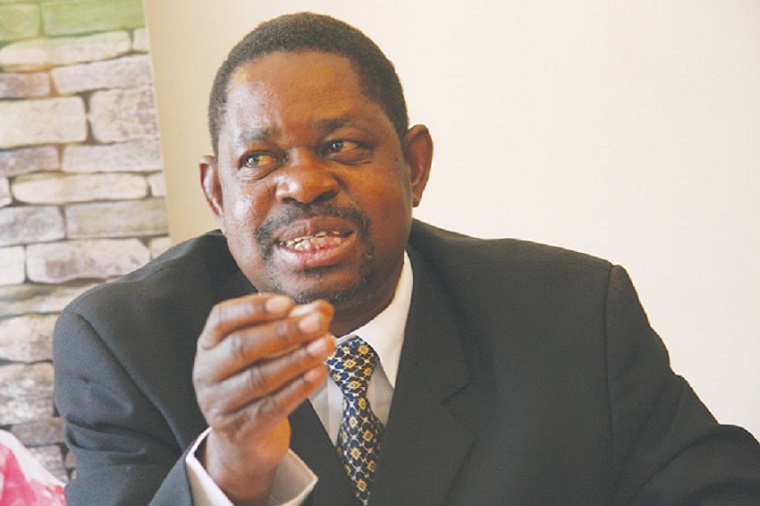 Zimbabwe African National Union-Patriotic Front secretary for legal affairs Munyaradzi Paul Mangwana says while the opposition Movement for Democratic Change-Alliance is a key political player in the country it cannot hold Zimbabwe to ransom by refusing to join the national dialogue.
Zimbabwe African National Union-Patriotic Front secretary for legal affairs Munyaradzi Paul Mangwana says while the opposition Movement for Democratic Change-Alliance is a key political player in the country it cannot hold Zimbabwe to ransom by refusing to join the national dialogue.
In an interview with Zimbabwe Television News on the inter-party dialogue currently taking place between the parties represented in Parliament, Mangwana said dialogue was critical because it becomes easier to solve national challenges when there is peace in the country. It was also easier to attract foreign investors.
“No visitors want to come to a house which is on fire. If other economic players hear that in Zimbabwe the political parties are resolving whatever issues they have peacefully, this attracts foreign direct investment. It is correct that the more we engage in dialogue, the more peace we enjoy in our country, the more we attract foreign direct investment and the more we are able to turn around our economy,” he said.
He said, however, the talks were not about setting up a government of national unity.
“No, that matter is not on the table. We are not discussing any form of power sharing. ZANU-PF received the mandate to run this country for the next five years, if they want to share the power it received from the people they have to go back to the electorate,” he said.
“ZANU-PF was elected to run this country, it has a two thirds majority in Parliament, the President won with more than 50 percent of the votes cast so he was given the right to run this country, together with his party.
“The power-sharing issues are not on the table, I know because of previous experience of the Inclusive Government, whenever political parties start talking people then think of power-sharing. Power-sharing is not on the agenda and is not on the table. We are simply discussing those legislative or political issues which can take our country forward.
“We as Zimbabwe, should learn to always discuss issues relating to our country together. Once we start talking we are not talking about power-sharing, but we should be able to talk about issues of mutual interest as a country.”
Asked whether the dialogue would be successful without the MDC-Alliance, Mangwana said: “They cannot hold Zimbabwe to ransom, but they are an important player since they have some significant representation in Parliament, but they do not represent Zimbabwe as such, inter-party dialogue can proceed without them.”
On conditions being set by the MDC for dialogue to take place, Mangwana said there should not be any conditions.
“When we called them for this process we are involved in they did not make any demands, so I am technically more able to comment on the process that I am involved in and when we engaged in this particular process there were no preconditions.
“I am not sure that the demands they are making will be met by anyone, because when we call Zimbabweans for a discussion, we are meeting as children of Zimbabwe to talk about our country, to talk about our affairs, there should not be any pre-conditions.”
On the issue of a neutral external mediator, Mangwana said: “There is no conflict so there is no need for mediation. You only need mediation where there is a conflict. We had an election endorsed by the highest court in the country. So there is no issue, what we are simply saying is we are having economic challenges. We have issues of the law they also want certain laws to be amended to make sure that we improve the political climate in the country those are the issues we are prepared to discuss, not the election.”
(479 VIEWS)


